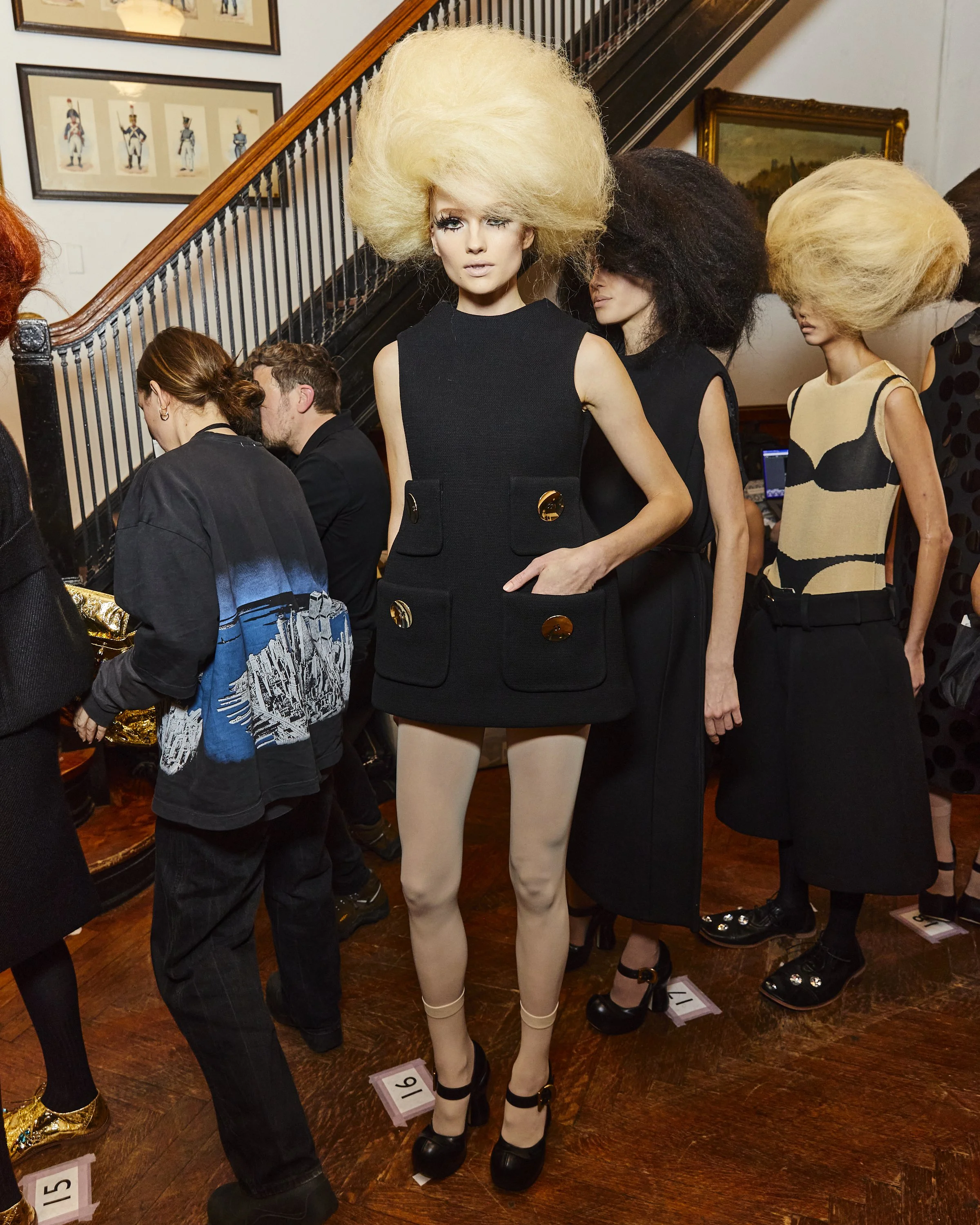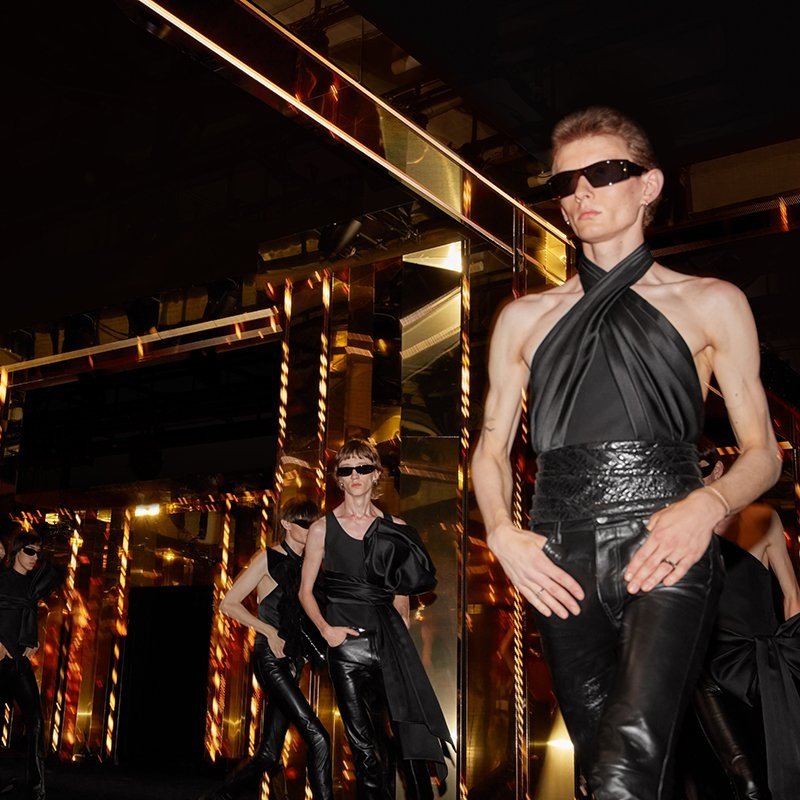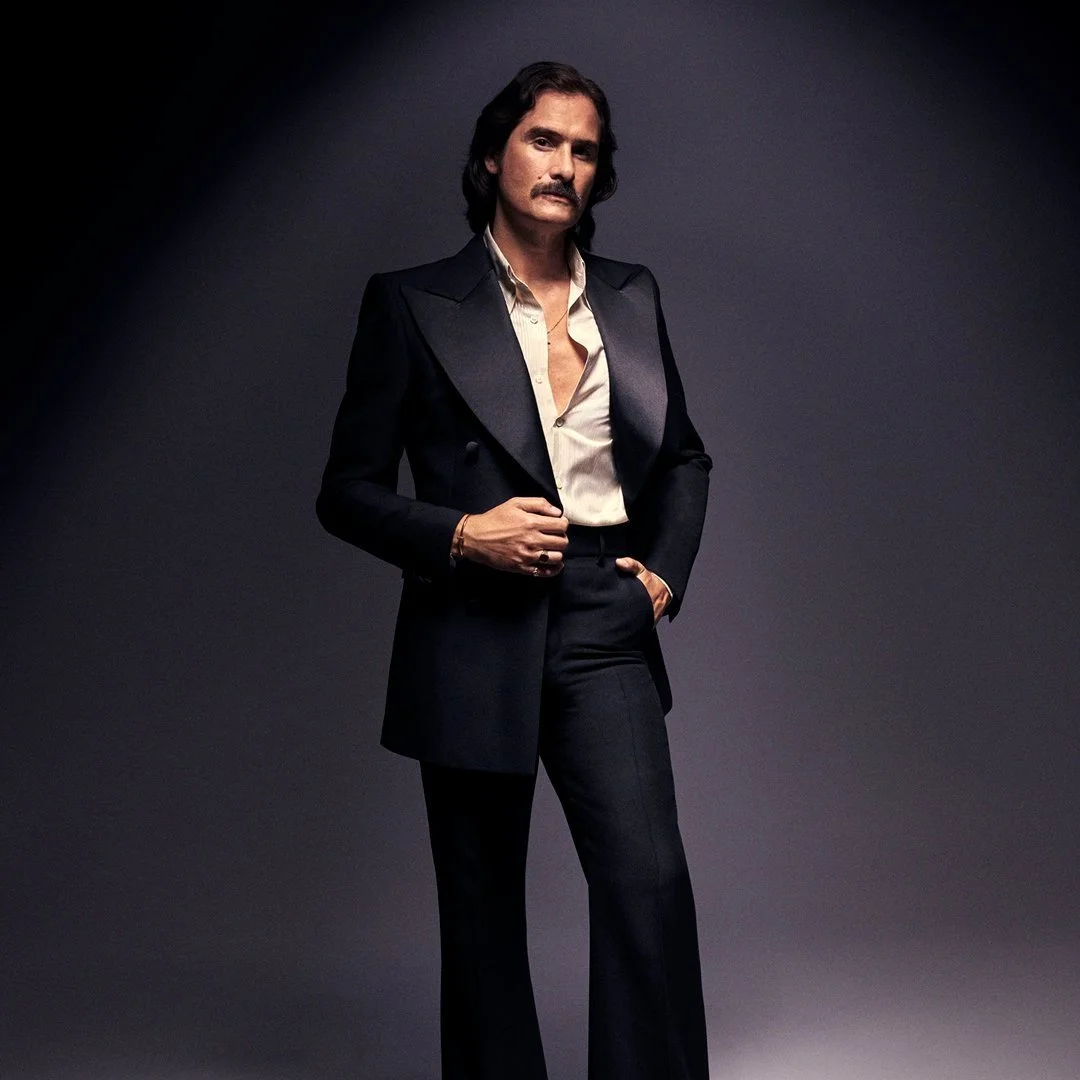Kill your darling.
What’s the most shameful thing you’ve ever thought? I’ve thought lots of very shameful things – but luckily, when I got older, I realised that the idea of shamefulness was something that was constructed: much like the false categories that were my gender, my sexuality, as well as all the shameful thoughts and feelings I had around these parts of myself.
But one shameful thought, which stayed with me way after I lost my belief in a society built on shame, was that I wanted to be famous. See, of all the things I admitted in my late teens and early twenties, with each confession came a new lightness. But with this one, the fame one, the shame never quite left – even after I spoke the words aloud.
It’s a strange concept, in truth, the idea that anyone could want to be famous. But I was 11 when I first got told I would be famous. What continued, for that decade, was a binary in my life which became either people telling me I would be famous, or people telling me I would be dead. The former was said to me repeatedly. Not because I was destined for some great achievement, but because the only way people knew how to handle a Very Gay Teen was to equate them with something fabulous, something different, something famous. The latter – the dead bit – was reserved for those who also saw me as different, but decided that what they saw they hated, rather than misunderstood.
And so naturally, like all my other internalised shames, I internalised that if I didn’t want to be dead, I had to be famous.
I kept this desire to myself for quite some time. Much after I’d come out as gay, trans, a drag queen, I would find myself in my mid-twenties, sat around a particularly boozy dinner table with a group of friends all expressing our deepest desires. Other people’s were tame: ‘I want to direct Tony Kushner’s Angels in America for stage’; ‘I want to find real, meaningful polyamorous love.’ Mine, which caused sharp intake of breath from around the table, was much more vulgar: I want to be famous.
There, I said it. I want to be famous. I want to be swarmed by paparazzi, I want to find it hard to walk down the street, I want to have to buy a billion-acre home just so my dog has somewhere to play away from the prying eyes of the fans. I want security guards. I want death threats and love letters. I want to be known.
People were of course understanding – this dinner party group of friends had all done much worse, both together and separately, than admit the mortifying pipe dream of fame – but their resounding question was: what for, Tom? What do you want to be famous for? But none of them knew that I had already tasted fame in my youth, on the schoolyard, the bus, the internet in small local MSN messenger groups; and that fame was much better than death.
It wasn’t until the year after, when I met two very famous people who swiftly became my friends, that I saw inside this desire in realtime. Since the fame-death binary had been set up in my head at the age of 11, the idea of being a celebrity had only ever been synonymous with survival. Back then, even up to five years ago at the time of my admission to my dinner party friends, I had not been concerned with living: I had only been concerned with surviving. Living is what you do when you’re safe. And so, if I can work out how to survive – ergo, be famous – I can work out, then, how to live. And perhaps, even, be happy.
But inside those famous-friend dynamics I saw something chilling. Not from the new friends I’d made, but from the inabilities their fame brought to their lives. And yes, it may seem somewhat clichéd to say it, but fame does not bring – from what I could see – any of the things I thought it might: happiness, life, agency and, therein, survival. These people were loved, sure, but they were not known.
In the same year I ended up as headline fodder on the Daily Mail in drag. Very boring, not dramatic, but for a moment I received those aforementioned death threats and love letters I so coveted; I had a huge uptick in online following, and the jobs I was offered paid me more than any job I’d had before. Something had changed. Three people in a week recognised me in the street: you’re that drag queen! And all of a sudden I felt numb. I had touched the edge of the survival I so craved and I found myself in a Christmas campaign for a well known luxury retailer, dressed like a fashion Mrs Claus, saying: I can’t wait to shop sustainably in store. I didn’t believe it. They didn’t believe it. And so there I was: surviving, but not living. In fact, being paid to say words you don’t believe in is the opposite of living. It goes against anything truly meaningful, and if life – and living – is the pursuit of meaning, then this was not it. If life and living is to be known, then how can lying be the route to that?
And so I decided to kill myself. Not me, the person writing this, but the person who had sold their soul to the vulgar want for fame, the want to be known. The drag-persona me. The one who could get away with anything – and did, for a long time. But the closer those things she got away with brushed up against anything that I’d once imagined would be a stepping stone towards fame, the further I felt from any real sense of being known. By others, sure. But, most profoundly, by myself.
I took a job for the worst company in the world, and I felt so grotesque afterwards that I gave the money away to charity. A selfish act, in real terms, because clearing the money from my account allowed a false cleansing of my guilt.
The question my friends had asked all those years ago around the dinner table – what do you want to be famous for, Tom? – seemed particularly poignant now. And I realised, beyond survival, I didn’t know. But I knew it wasn’t this. I knew it wasn’t to sell more things to people that they didn’t need. I knew it wasn’t to funnel myself into a small space and do things I didn’t believe in just to arrive somewhere I once did.
As queer people, our agency is so often stripped from us. Whether by being thrust towards a spotlight, or thrust towards the painful end of a fist, agency is a constant battle. Add limelight and the Daily Mail sidebar of shame, and this agency is further stripped. The ability to be messy whole people who exist where we’re supposed to – out from under a rainbow-painted LGBTQIA+ umbrella or beyond a box and a caption on social media – is taken from us. Of course, I have agency too: and in a profound moment, just this year, sat on a litter-covered beach with my dinner party friends, the want for fame simply washed away like a wave. And the space it had once occupied was now filled with a want for something much harder to come by: meaning, mess, self-knowledge. I sound like Gwyneth Paltrow. And that’s chic!
The mainstream don’t want that. They don’t want our mess, our meaning, our self-knowledge. Because those things are harder to control.
And so I killed a part of myself that had started to control me. I was never going to be famous: fat Northern trans queers never are. And so I stopped trying. I killed the desire. I killed my darling, Crystal, because the fame obsession would probably kill the real me. Fame or death. They aren’t the only options, ironically.
I went back to the beach alone that night and felt my feet on the floor. And for the first time in my life I felt like I was living. For the first time in my life I felt like I knew myself the way I’d always wanted to be known. I felt, for the first time in my life, that being here was better than being famous. And for the first time in my life, being alive, unknown and alone was better than being dead.









